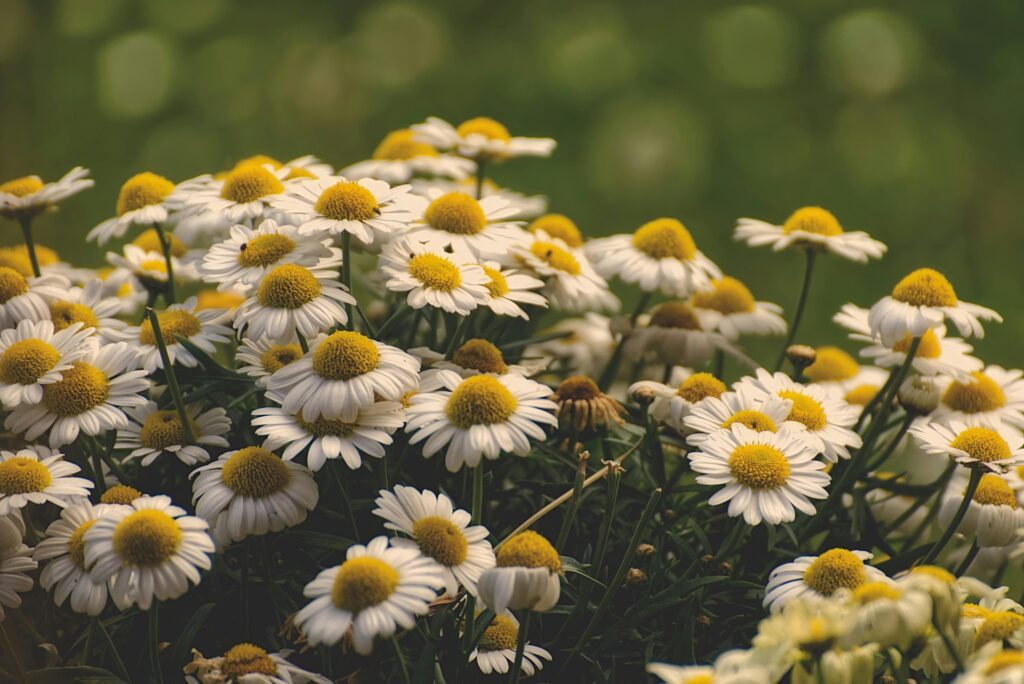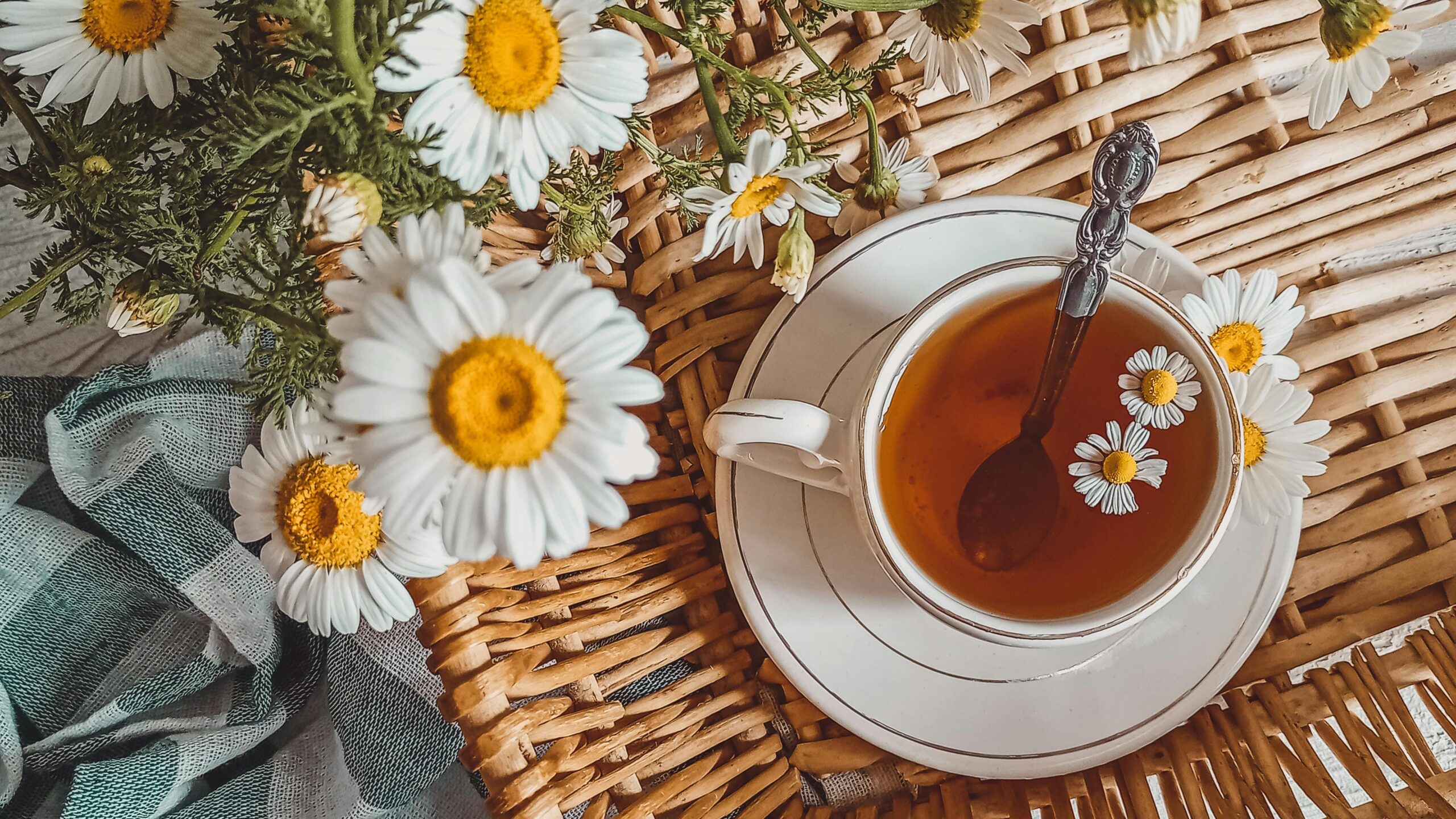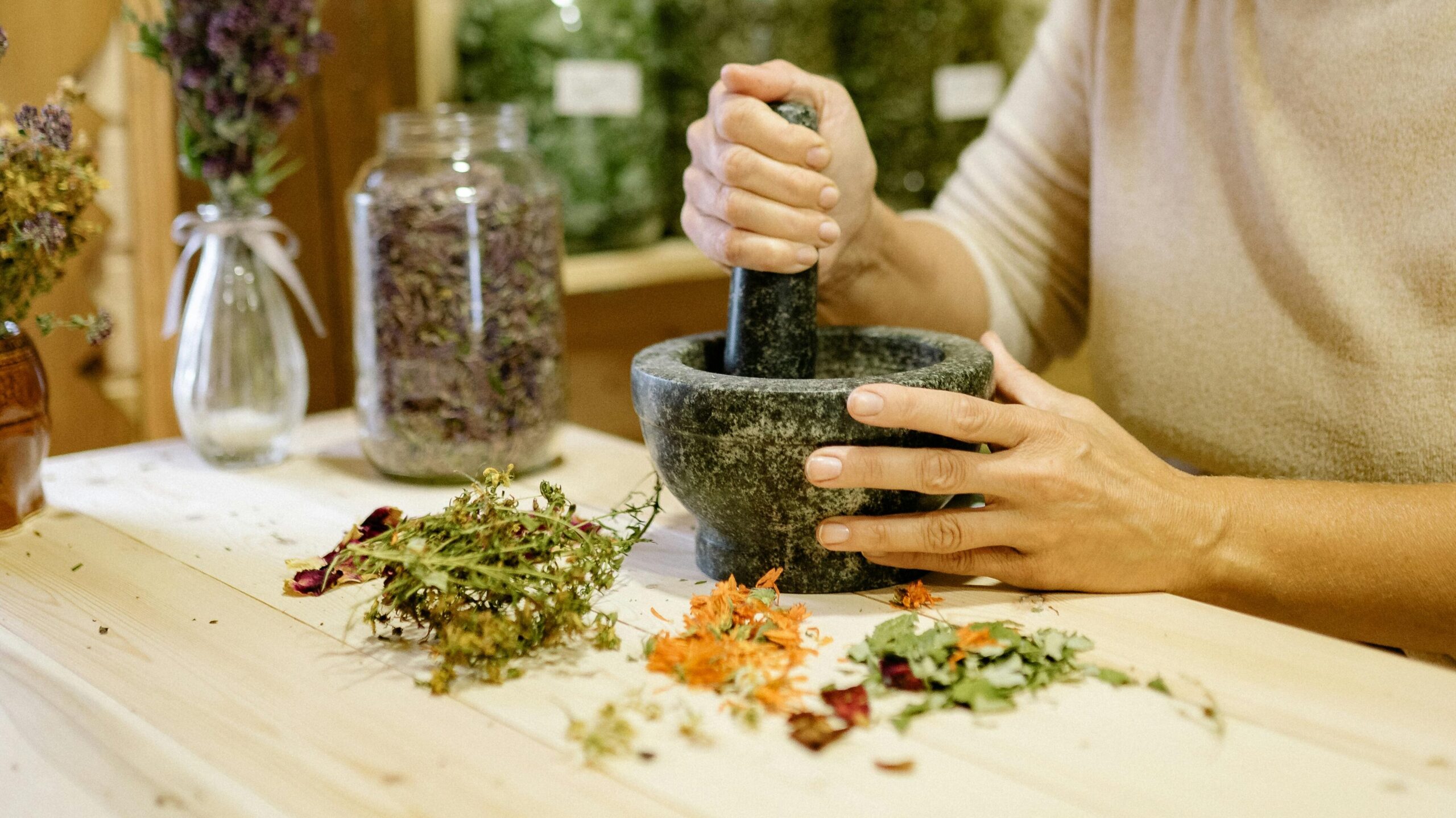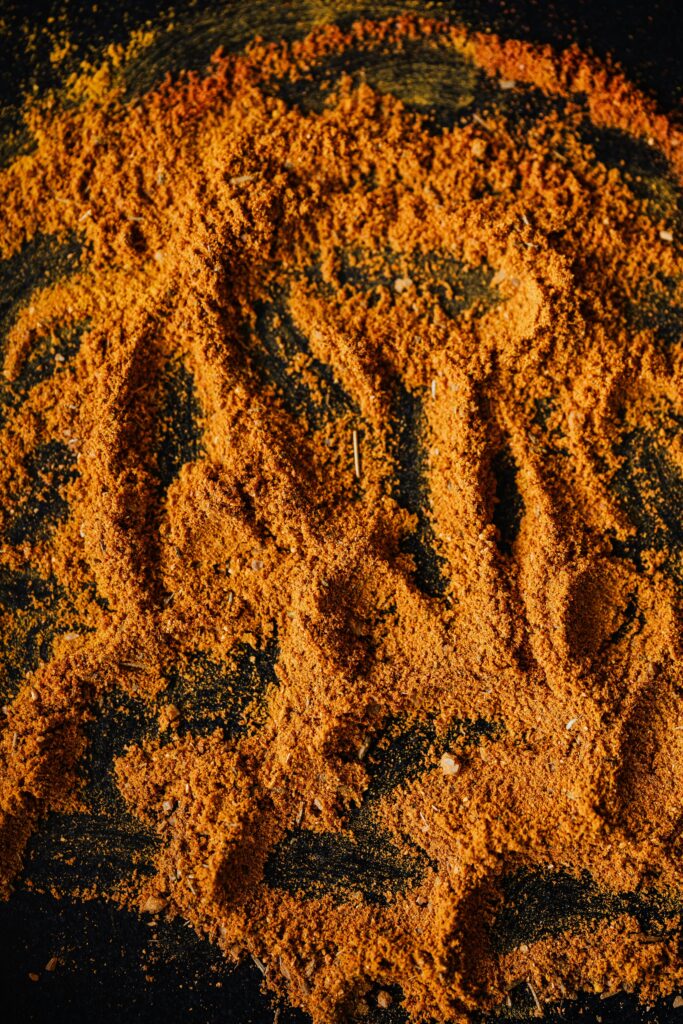
Sip Serenity: Chamomile’s Gentle Elixir for Calm and Sleep
Struggling to sleep or feeling stressed? Chamomile, with its daisy-like flowers, has soothed souls for centuries. This gentle herb, cherished in ancient remedies, brings calm and comfort. From easing anxiety to aiding digestion, chamomile is a mighty ally. Let’s explore its science-backed benefits, uses, and safety tips, uncovering why this cozy herb is perfect for modern wellness.

Easing Anxiety and Sleep Troubles
Chamomile shines for calming the mind. Its compounds, like apigenin, relax the nervous system, easing anxiety and stress. Studies show chamomile improves sleep quality, helping with insomnia and restless nights. It’s a natural choice for those seeking peace without heavy medications. By promoting relaxation, chamomile supports mental health, making it ideal for unwinding after a long day. Sip it before bed to drift into serene slumber.
Beyond Calm: Gut and Body Benefits
Chamomile does more than soothe the mind. It aids digestion by relaxing stomach muscles, easing bloating and cramps. It’s effective for irritable bowel syndrome and indigestion. Chamomile’s anti-inflammatory properties help reduce swelling, supporting conditions like arthritis. Its antioxidants boost immunity, fighting colds and infections. Early research suggests anticancer and blood-thinning effects, with compounds slowing tumor growth in lab tests. Applied to the skin, chamomile calms irritations like eczema or rashes.

How to Use Chamomile
Embrace chamomile’s magic easily. Brew tea by steeping 1-2 grams of dried flowers in hot water for 5-10 minutes—perfect for nightly calm. Drink it before bed to aid sleep or reduce stress. Apply chamomile cream or oil to irritated skin for relief. Add dried flowers to baths for a soothing soak. Pair with mindfulness practices like meditation to boost relaxation. Use high-quality products for the best results.
Safety and Precautions
Chamomile is safe for most, but allergies are possible, especially if you’re sensitive to ragweed or daisies. Rare side effects include mild stomach upset. Avoid large doses if pregnant, as chamomile may affect the uterus. Use caution with blood thinners, as it may enhance their effects. Consult a doctor if you’re on medications or have chronic conditions. Choose pure, tested products to avoid contaminants and ensure safety.

Why Chamomile Matters
Chamomile blends timeless tradition with science, offering a gentle hug for body and mind. From calming anxiety to soothing digestion, this herb sparks serenity naturally. Whether you sip tea or use creams, chamomile is a versatile gem. Pick high-quality products, start small, and feel the cozy calm. Make chamomile your ally for a peaceful, healthy life!
Disclaimer: Always consult a doctor before using herbs for health.
Sources
- National Center for Complementary and Integrative Health (NCCIH). (2020). Chamomile. Retrieved from – https://www.nccih.nih.gov/health/chamomile
- Srivastava, J. K., Shankar, E., & Gupta, S. (2010). Chamomile: A Herbal Medicine of the Past with Bright Future. Molecular Medicine Reports, 3(6), 895-901.
- Amsterdam, J. D., et al. (2009). A Randomized, Double-Blind, Placebo-Controlled Trial of Oral Matricaria recutita (Chamomile) Extract Therapy for Generalized Anxiety Disorder. Journal of Clinical Psychopharmacology, 29(4), 378-382.
- McKay, D. L., & Blumberg, J. B. (2006). A Review of the Bioactivity and Potential Health Benefits of Chamomile Tea (Matricaria chamomilla L.). Phytotherapy Research, 20(7), 519-530.
- Miraj, S., & Alesaeidi, S. (2016). A Systematic Review Study of Therapeutic Effects of Matricaria chamomilla. Electronic Physician, 8(8), 3024-3031.



